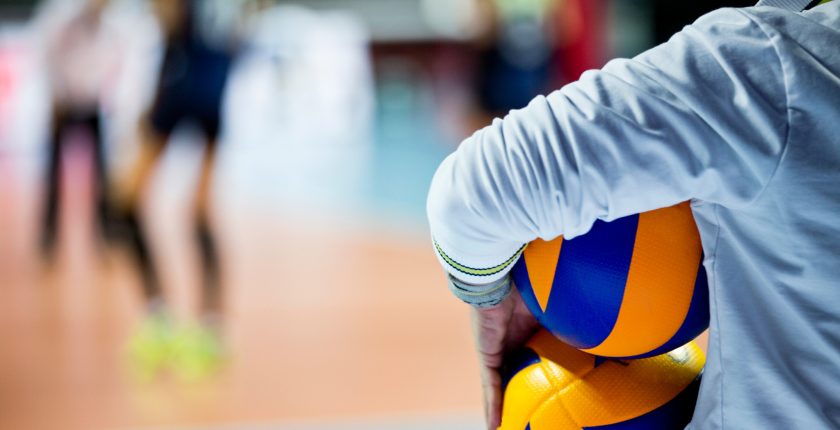How To Be A Successful Volleyball Coach: 8 Proven Tips!
If you love the sport of volleyball and want to spend more time with it, becoming a coach might be your calling. It’s not enough to show up and hit balls; a coach must be able to instruct players in the proper techniques.
This sport requires so much more attention to detail than most other sports. Athletes need detailed instructions on how, when, and where to consistently hit the ball to win games.
If you’re interested in becoming a volleyball coach, you’ll need to know what that involves and whether or not it’s the right move for you.
Here are some helpful tips for anyone who wants to become a successful volleyball coach:
1. Create a positive environment.
The most important thing you can do is to create a positive environment.
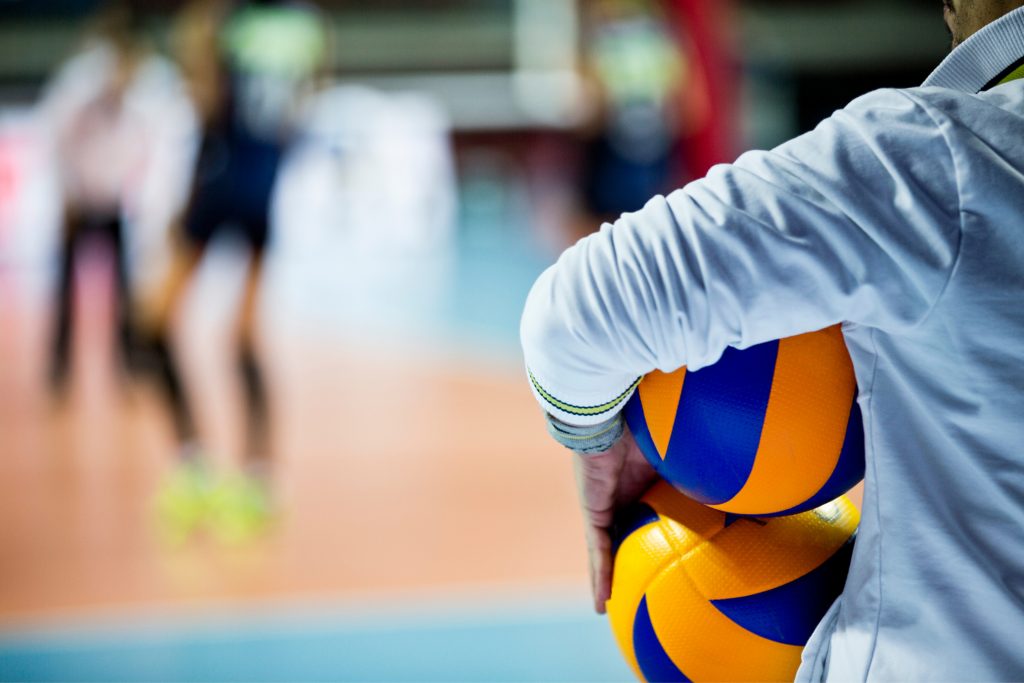
A positive environment is one in which players want to be and want to play. Where they feel comfortable and confident, and where they know that you are there for them. You also need to create a positive culture within your team.
This means that all players have the opportunity to play at their best level at all times, regardless of their playing position or skill level.
Create a positive culture by being a role model yourself:
- Be positive with your players and the team as much as possible.
- Make sure each player feels like they are an important part of it.
- Encourage communication between coaches, parents, and athletes so everyone knows what’s happening.
- Give feedback in ways that players will understand.
- Make sure everything runs smoothly, so athletes don’t have time on their hands (don’t wait until halftime).
2. Create a detailed season plan.
As a volleyball coach, it is important to create a detailed season plan in order to ensure that your team is able to reach its full potential.
This season plan should include all of the necessary practices, scrimmages, and games that your team will need to participate in order to be successful.
Furthermore, it is important to set individual and team goals for the season so that everyone is working towards the same objectives.
Finally, you must also be willing to adjust your plan as the season progresses so that you can adapt to any unforeseen challenges that may arise.
A detailed season plan has a number of benefits:
- It helps you stay organized.
- It lets you see where your team is heading and help set benchmarks.
- It allows you to set realistic expectations for your team, keeping them on track and helping them achieve their goals.
- It allows you to make adjustments as necessary, helping you avoid burnout and keep your team on track.
- It helps communicate clearly with your team, creating a clear understanding of what’s expected of them and how they can contribute to the program’s overall success.
- And finally, it helps build trust and accountability within the team, allowing them to feel more invested in the success of the program.
3. Focus on more than just winning.
We all know that winning is important, but there are other things that should be focused on. There are many other aspects of the game that are just as important, if not more important, than winning.
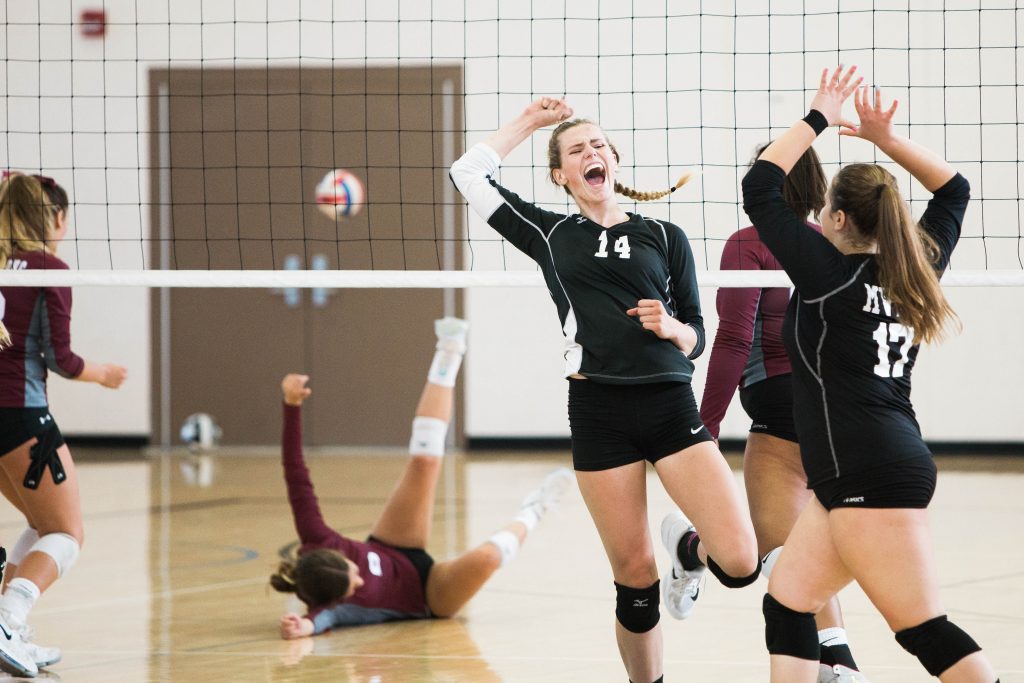
These include developing the skills of the players, teaching the players to work together as a team, and instilling the importance of sportsmanship. If a coach can do all of these things, then the team will be successful, both on and off the court.
4. Adjust your season plan to your team’s skill set.
As a volleyball coach, it’s important to adjust your season plan to your team’s skill set.
This will ensure that your team can compete at the level you want them to and that they’re able to improve throughout the season. Be sure to consider your team’s strengths and weaknesses when creating your plan, and communicate your plan clearly to your team so they can be on the same page.
Your season plan should include a variety of drills and practices that are designed specifically for each player. For example, one player might need more time working on passing skills while another needs more time on defensive skills.
You should also include some time for conditioning to keep your players in good physical shape throughout the season.
5. Develop good indoor volleyball accessories and outdoor volleyball accessories skills early.
When coaching volleyball, you need to know about the game itself and all the outdoor and indoor volleyball accessories that can be used to make the game more fun and easy.
As a coach, you need to start thinking about good indoor volleyball accessories early on, as these can help make your job easier.
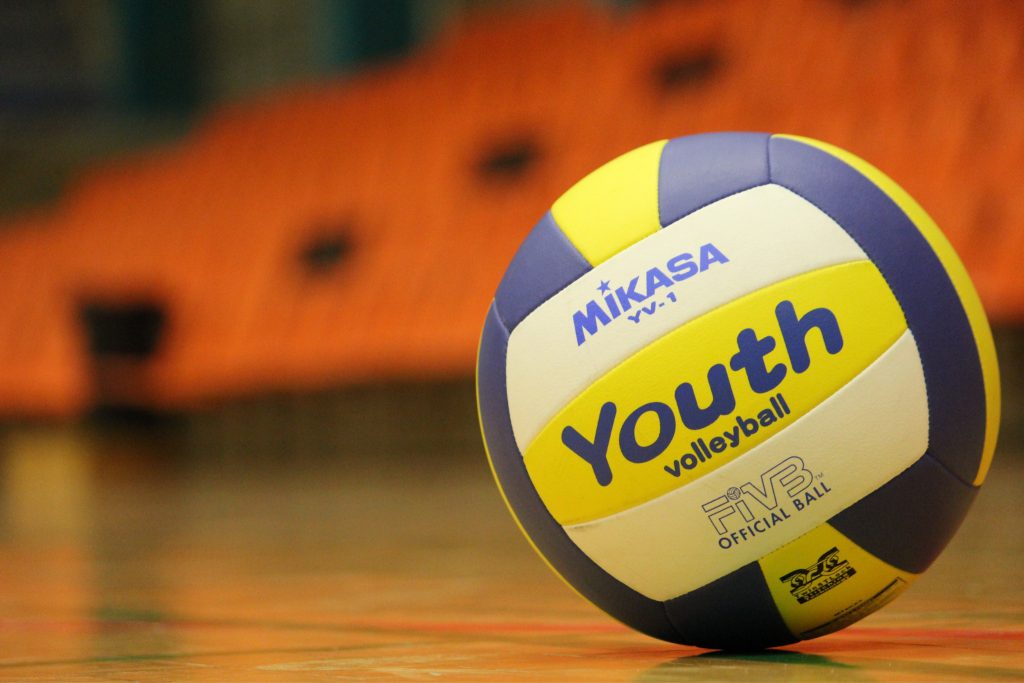
For example, you should have a good supply of balls for indoor games to always have a fresh supply. If you start with good indoor volleyball accessories, it will be much easier to start with good practice from the beginning. Outdoor volleyball accessories are also important to get right as they can help make your practices more fun and enjoyable when playing outside.
By investing in good outdoor volleyball accessories early on, you will be able to spend less time worrying about how things are going and more time focusing on improving your players’ skills and having fun.
6. Have fun!
Let’s be honest: Volleyball is a game. It should be played as such and enjoyed by all participants. Whether you’re a player, coach, or parent—you need to have fun with the sport if you want your players to play their best and enjoy themselves while doing so. I always ensure my athletes are having fun on the court because they tend to play better as well once they start having fun.
So make sure you’re having fun yourself too! After all, life is short—why not enjoy it?
7. Find motivation when you’re feeling tired or burnt out.
When you’re feeling burnt out as a volleyball coach, it’s easy to forget what drew you to coaching in the first place. It’s easy to get caught up in managing a team and forget why you love coaching so much.
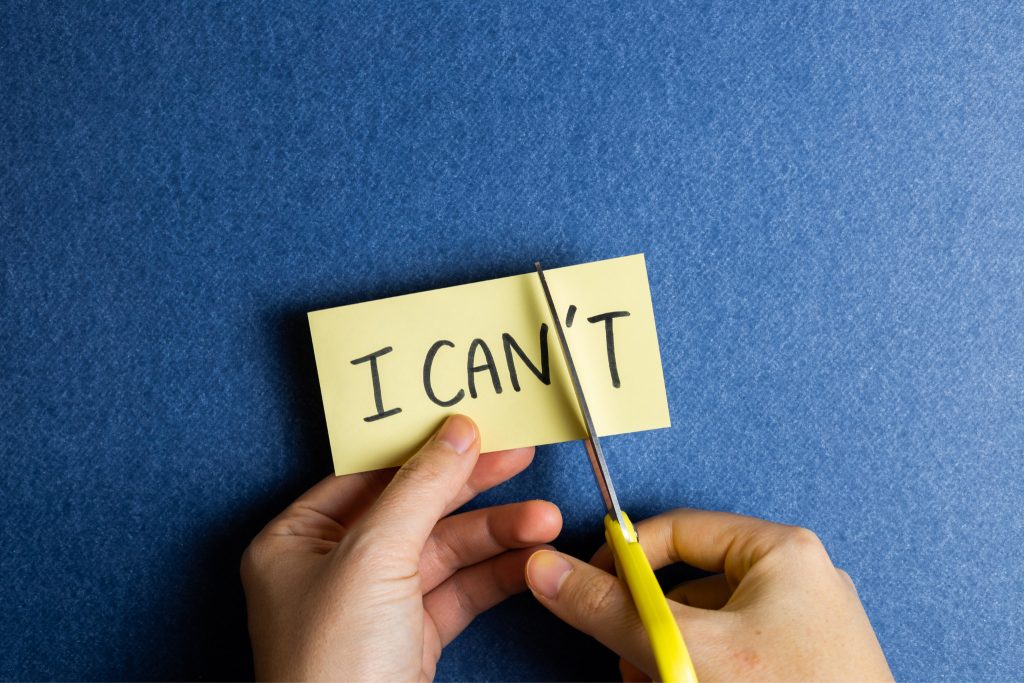
But there are some simple ways to reignite your passion for coaching and push through when things are tough. One of the best ways is by focusing on why you got into coaching in the first place: what was it about the sport or about coaching that made you fall in love with it? Focusing on those things can help you to reignite your passion for coaching and help you to push through when you’re feeling exhausted.
Additionally, talking with other coaches or athletes can be a great way to find motivation and get some perspective on your situation. Talking with other people facing similar challenges can help remind us why we started doing this work in the first place—and how important it is for us to keep going!
Taking some time to rest and recover can also help get you back to a place where you feel motivated and ready to take on the coaching challenges.
8. Don’t forget about your own physical health.
You’re not just responsible for the health of your players; you’re also responsible for your own.
You likely didn’t get where you are today by being lazy or neglectful—you work hard every day to improve and succeed. So why would it be any different when managing your health?
If you want to be a successful volleyball coach, then make sure that you take care of yourself to continue working towards achieving success.
To start with, consider how much sleep and healthy eating habits can impact your job performance. Getting enough rest will help prevent burnout from all the stressors that come with coaching while eating well will keep energy levels up and ward off illness.
Staying hydrated is also important because dehydration can cause headaches and fatigue—two things no coach wants to deal with during practice!
Staying active as often as possible is key for keeping healthy bones strong enough so they don’t break easily (which could lead to them needing surgery).
Final Thoughts
A successful volleyball coach can have athletic skills or knowledge of certain techniques.
They must also be able to motivate their players and adapt to every situation. After reading this article, you should know the skills and characteristics that make up a good volleyball coach.
If you can follow the tips above and keep in mind all the different things that go into being one, you will succeed.
Jobs related to this :
Location: Central Region
Location: WEST REGION
Location: SOUTHWEST REGION
Location: NORTHEAST REGION

